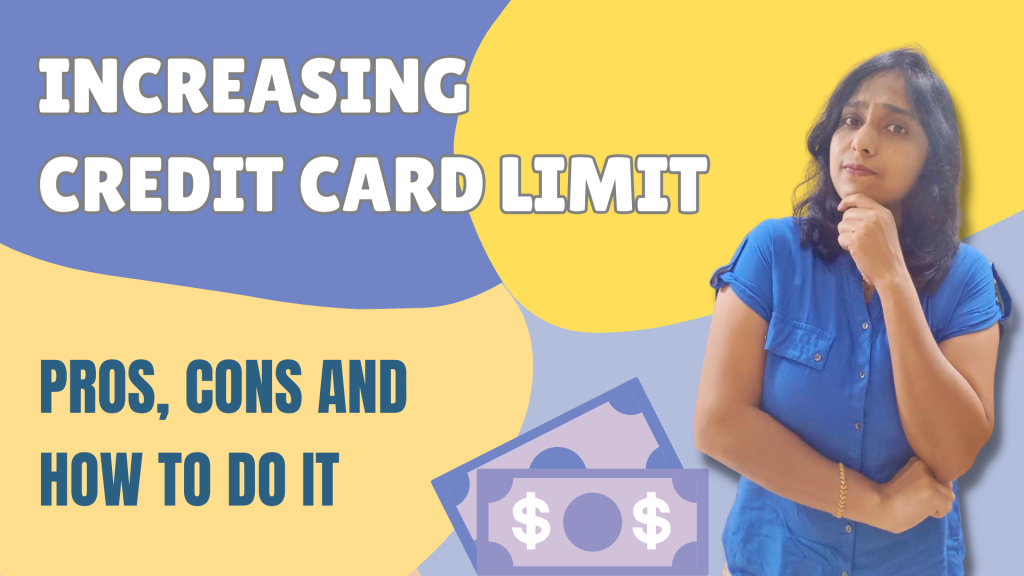
You might have already received calls from your credit card company, or the bank about increasing your credit card limit. Or you may need to increase your credit card limit to suit your spending needs. It is important to note that increasing your credit limit can have positive and negative consequences.
What is a credit card limit?
A credit card limit is the maximum amount of money that you can borrow on your credit card. It is set by your credit card issuer and is based on your credit score, income, and debt-to-income ratio.
What are the pros and cons of increasing the credit card limit?
There are both pros and cons to increasing your credit card limit.
Pros:
- More flexibility in your spending. A higher credit limit gives you more breathing room when it comes to your spending. This can be helpful if you have large expenses coming up, such as a vacation or a new car.
- Improved credit score. A lower credit utilization ratio can help to improve your credit score. This is the percentage of your available credit that you are using. Aim to keep your credit utilization below 30%.
- Access to better rewards programs. Some credit cards offer better rewards programs for cardholders with higher credit limits. This could mean earning more points or miles for your spending.
Cons:
- Increased temptation to overspend. A higher credit limit can make it easier to overspend. If you are not disciplined with your spending, you could end up in debt.
- Higher interest charges. If you carry a balance on your credit card, you will pay interest on the amount that you owe. A higher credit limit means that you could owe more interest if you do not pay your balance in full each month.
- Risk of fraud or theft. If your credit card is lost or stolen, the thief could have access to a larger amount of money if you have a higher credit limit.
How to increase the credit card limit?
If you are considering increasing your credit card limit, here are a few things you can do:
- Check your eligibility. Not everyone is eligible for a credit limit increase. Your credit card issuer will consider factors such as your credit score, income, and debt-to-income ratio. You can check your eligibility by contacting your credit card issuer or by logging into your online account.
- Gather your documents. Your credit card issuer may ask you to provide documentation to support your request for a credit limit increase. This could include proof of income, such as a recent pay stub or tax return, or proof of assets, such as a bank statement or investment statement.
- Submit your request. You can submit your request for a credit limit increase online, by phone, or by mail. Be sure to include all of the required documentation.
- Wait for a decision. It can take a few weeks for your credit card issuer to review your request and make a decision. Once a decision has been made, you will be notified by mail or email.
Here are some tips for increasing your chances of getting a credit limit increase:
- Pay your bills on time. This is the most important factor in determining your credit score. If you have a history of late payments, your credit score will be low and you will be less likely to get a credit limit increase.
- Keep your credit utilization low. Credit utilization is the percentage of your available credit that you are using. Aim to keep your credit utilization below 30%.
- Request a credit limit increase every 6-12 months. If you have a good credit history and your credit score has improved, you can request a credit limit increase every 6-12 months.
- Consider applying for a new credit card. If you have been declined for a credit limit increase with your current card issuer, you may want to consider applying for a new credit card with a higher credit limit.
It is important to note that increasing your credit limit can have both positive and negative consequences. On the positive side, a higher credit limit can give you more flexibility in your spending. It can also help to improve your credit score by lowering your credit utilization ratio.
However, a higher credit limit can also make it easier for you to overspend. It is important to use your credit card responsibly and to pay your bills on time, even if you have a higher credit limit.







you are blog post is very excellent.
Thank you!